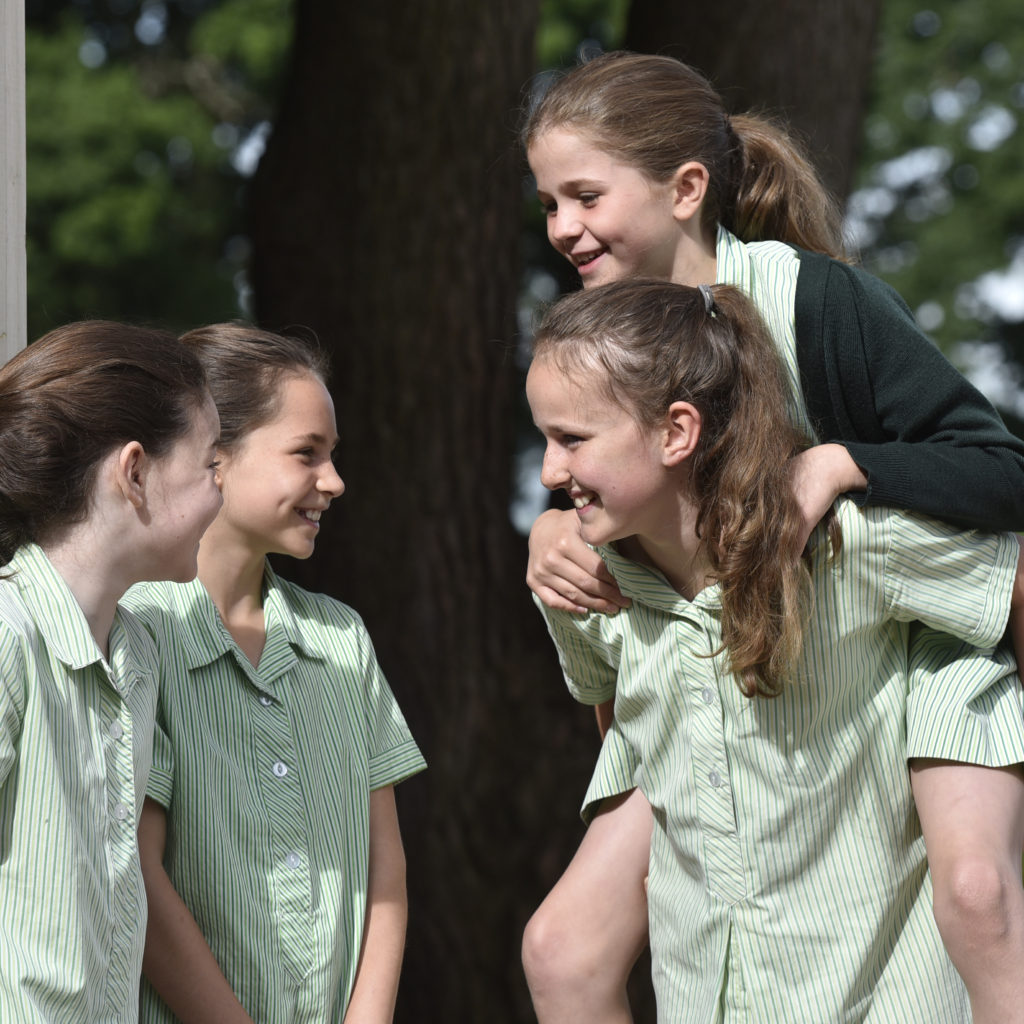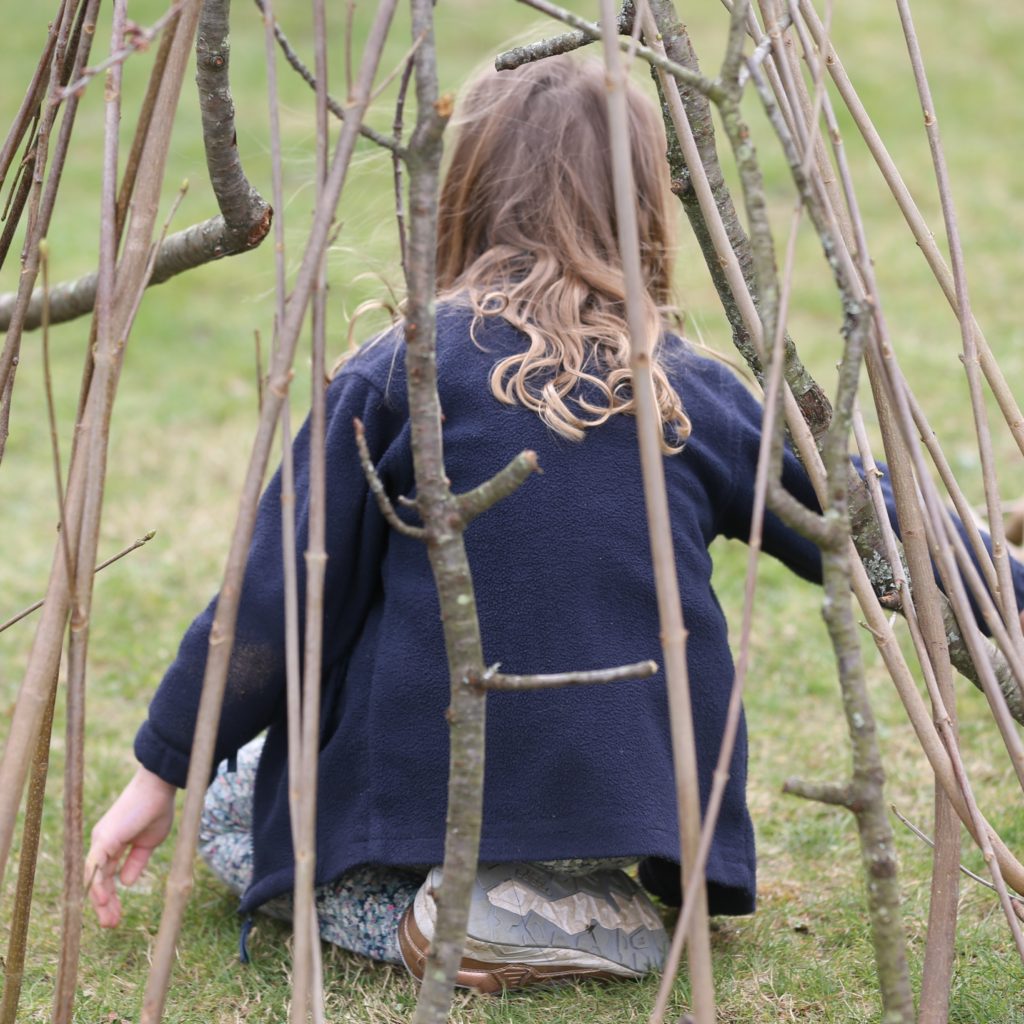Amesbury English Department is a creative centre for learning and at its heart is a desire to enthuse children with a passion for the written word. The essential key skills of reading and writing and speaking and listening are developed and enriched through a variety of themes, texts and genres. A confidence in English gives an underlying confidence in all subjects.
Creative Writing
Stories overwhelm our culture. Stories help us to understand and relate to the world around us. They not only stimulate us intellectually, but help us develop our understanding of humanity. We encourage the children to express themselves with originality and to experience a variety of forms of poetry and prose.
Handwriting
Handwriting is specifically taught in Reception, Year 1 and Year 2. We teach cursive handwriting from the start, which helps develop the children’s flow, fluency and can support with other aspects of English, such as spelling. From Year 3 onwards, handwriting still remains an important focus.
Reading
The children’s reading is monitored carefully by all staff and individual help is given when necessary. We always look to expand pupil’s reading horizons and introduce them to different authors. Extra help and specialist tuition is available from the Learning Support Department which has strong links with the English staff.
Spelling
At present, we use the Jolly Phonics and Jolly Grammar programme of spelling. From Year 1 upwards children have weekly spellings to learn, which are monitored via weekly spelling tests. We reinforce this programme of spellings by using computing, word games and exercises in addition to regular reading to develop each child’s vocabulary.
GRAMMAR
Grammar is essential if we want to communicate effectively. Without strong foundations we will struggle to learn other languages. At Amesbury we do not teach Grammar in isolation, but in context, so that the children have an active understanding of how Grammar and language can work together to create meaning.
Speaking AND LISTENING
form an important part of English lessons integrated with our lessons. The resultant ability to talk to a group or an auditorium is a useful skill whatever one’s chosen career.
Visiting Authors and Performers
Visiting troupes engage us with tall tales and imaginative workshops. Recently pupils have been inspired by visits from The Rainbow Theatre Company, the author and children’s stand up comic, James Campbell and the poet James Carter.
Competitions
The children have the opportunity to enter a wide range of competition such as the Radio 2 500 words competition or internal poetry and creative writing events. We also hold a whole school poetry slam each year, which proves to be an exciting and exceptionally entertaining event.
Trips
It could be the Year 6 English residential trip to Stratford Upon Avon or a theatre production to complement the texts we are studying at that time or a trip to the Imperial War Museum as part of our studies on World War I literature.
New Library
We were delighted to open our brand new library building in 2019. The light and airy building is a wonderful space to explore literature and also houses a multifunctional workspace, perfect for collaborative learning.
Timetabled lessons
In Years 1-8 pupils will have up to 4 hours of English each week which will consist of a spelling lesson and three curriculum lessons. Lessons are taught in mixed ability groups with focussed support where needed. Across the curriculum pupils are expected to use correct grammar, spellings and prose rules.
Children from Pre-Nursery to Reception will be taught English through the Early Years Foundation Stage (EYFS) curriculum which sets standards for the development, learning and care of children from birth to five.
Our on-going assessment ensures that progression in these skills is attained on an individual level.
Head of Department
Julia Bayne joined the English Department at Amesbury in 2016, and was appointed Head of Department in 2019. After graduating from Newcastle upon Tyne with a BA Hons in Psychology (1997) and then teaching English as a foreign language in Japan, she graduated with a PGCE (specialism in English) from Roehampton Institute, London. Since then, she has taught across the age-ranges, and held senior management positions, in two large state London primary schools and in schools in Surrey. Literacy skills are vital life skills and she firmly believes the first priority is to enable and support children in developing their own love for reading.


